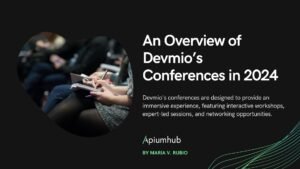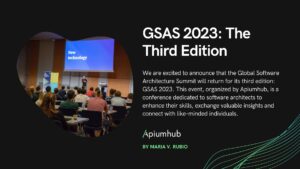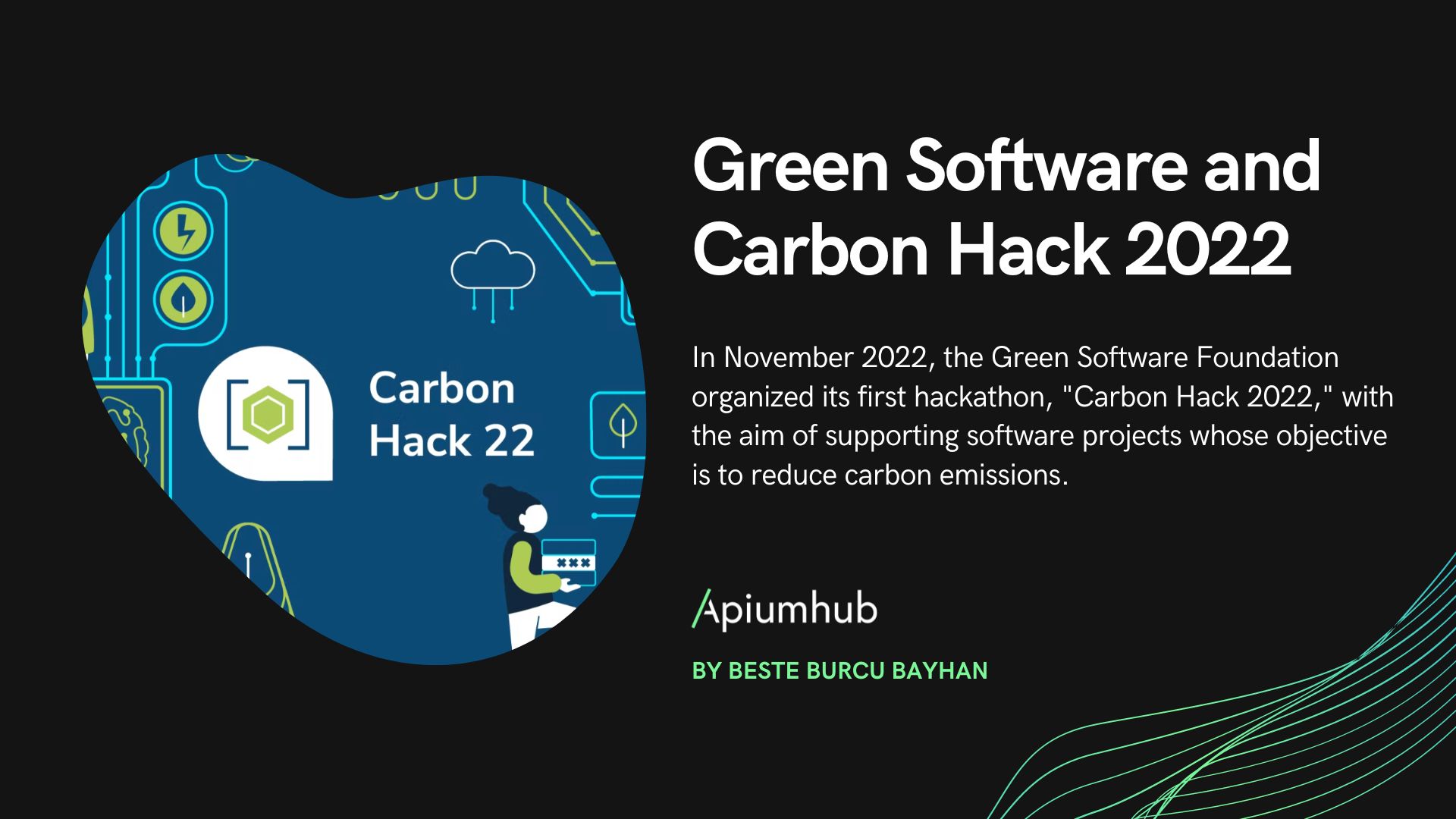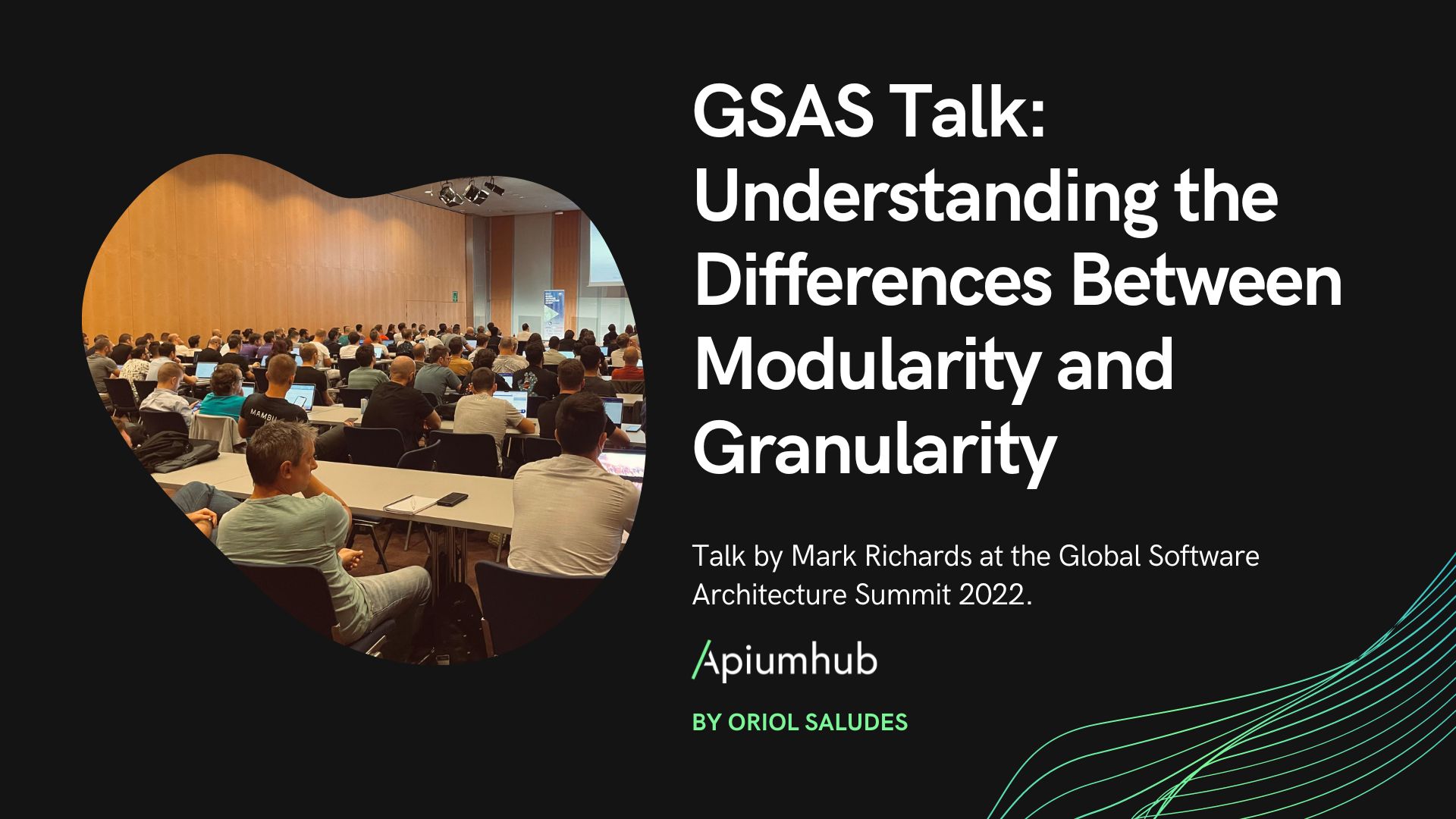Table of Contents
At Apiumhub, we like to be updated and aware of the latest news in everything that has to do with testing, and that’s why we couldn’t miss the Test Academy event in Barcelona this year. We believe that TDD is a friend for developing and designing software and in this event we found a lot of like-minded people.
This event brings together national testers and developers and offers a full day where you get the chance to learn, talk and, above all, meet fellow professionals with whom to expand our network of contacts and share with others different opinions and points of view.
I would say that the highlight of the event were the 8 Master Classes of 90 minutes taught by renowned professionals of the sector during which they exposed their personal experiences to ensure that the attendees would get the best message possible regarding testing and designing software, always trying to make them participate during the class, in a way or another.
The following is a summary of what I consider to be the most interesting speeches & topics in the Test academy event in Barcelona :
Master class 1: What’s your Continuous Delivery strategy?
Taught by Augusto Evangelisti, this Master Class placed Continuous Delivery in the spotlight.
The strategy of Continuous Delivery consists of producing software in very short iterations (being able to even have several releases per day), with a high percentage of code covered by tests. With this the idea is to reduce the risk, cost and time of the introduction of new features to our product, facilitating the readaptation in case some parts don’t work as expected.
Throughout this class we have put together the most common errors that occur throughout the software life cycle and what solutions can be implemented to solve them.
At the end of the class, all attendees reached the same conclusion. And that is that in an industry that is advancing at a pace as fast as computing, being able to adapt to changes in the fastest and least traumatic way possible will make that our product will be of a higher quality and, therefore, will have a good position in the market.
Master class 2: Story mapping: Slicing Epics into Testable Bites
David Evans is a well known agile methodology consultant, and he showed it during his class on user story mapping. During that hour and a half, we were able to learn in a practical way how to break something as complex as the card game Blackjack, in small tasks and, most importantly, we learned how to prioritize these tasks to be able to make several releases of our product in a consistent way.
Master class 3: Web Application Security – A hands on testing challenge
For this Master class, we had Dan Billing as a speaker. In an hour and a half, he got all the attendees to use their knowledge & skills to analyze a deliberately insecure web application and discover the 50 vulnerabilities that it contained.
From a totally practical approach, the students collaborated to analyze a website where you can buy & sell tickets for events that could be attacked using techniques such as SQL Injection or Cross-Site Scripting (XSS).
In addition to this practical application of computer security, we also had time to analyze how our security breaches affect our company in terms of confidence and benefits.
Master class 4: TDD, a friend for developing and designing software!
Last but not least, Apiumhub a speaker giving a Master Class about Test Driven Development.
From a practical point of view, we even had to write code throughout this class, we got to know more about the application of TDD methodology when it comes to developing & designing software.
This methodology, as its name implies, urges us to develop software based on the implementation of tests that cover all the code we write. Moreover, the tests must be written before implementing the methods they will cover.
Applying a methodology like this in the process of developing a software will ensure a percentage of code coverage by tests close to 100% which, among many other benefits, will help us reduce the number of bugs that our code can have and it will help us refactor it in case it is necessary, since any error that we have accidentally introduced in our code will be tested.
As for how to implement the tests, it is advisable to cover everything possible through unit tests using the testing framework that we like the most or that will benefit us at that moment, such as JUnit. In case there are functionalities that can not be covered by unit tests, we must cover them with functional tests or, if necessary, with interface tests.
Undoubtedly, in an event mostly oriented to Testers, having a class that focuses on the methodologies that must be followed to develop reliable, stable and easily testable software gives us a different approach compared to the rest of the talks, but which brings great value to both the developer community and the testers when it comes to performing their work.
If you are interested in knowing more about this topic, you can watch a video from Test academy event in Barcelona, where Xavi explains everything in details.
Conclusion about Test academy event in Barcelona
TestAcademy 2017 has been an event that has brought us closer to the latest trends in the world of testing and that has enabled us to get to know professionals in the sector and to expand our networks of contacts, as well as learn from people who are experts in our industry.
We will not hesitate to attend the Test Academy event in Barcelona in 2018!
We will start organizing meetups in Barcelona this spring, if you are interested in topics like best practices in developing & designing software; Agile, TDD, Unit testing, CI, Docker, DDD, etc we recommend you to subscribe to our monthly newsletter to receive invitations and materials from the events.
Author
-
Android developer with over 8 years of experience on the platform. Passionate about software architecture, best practices, design patterns & teamwork.
View all posts









